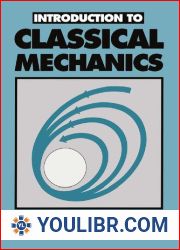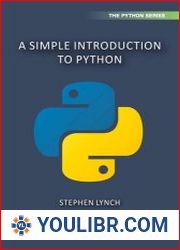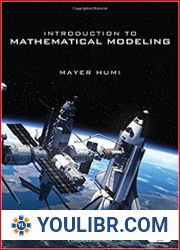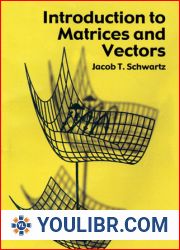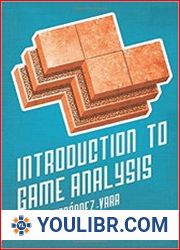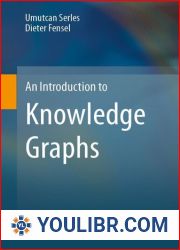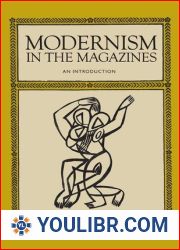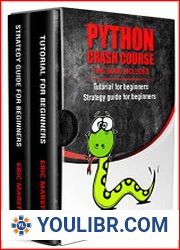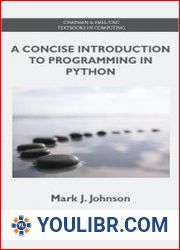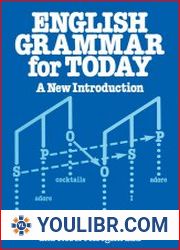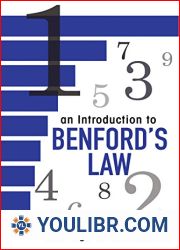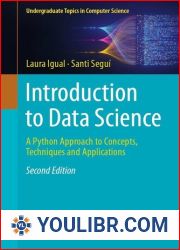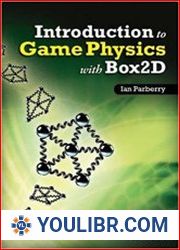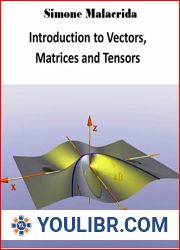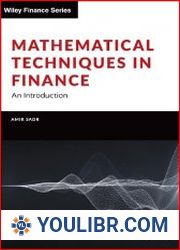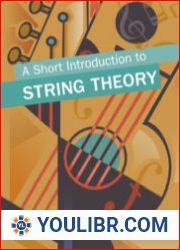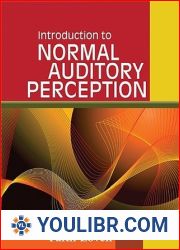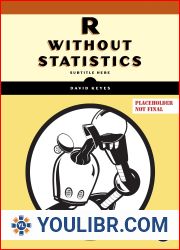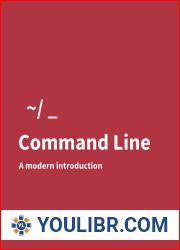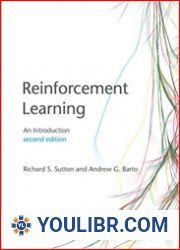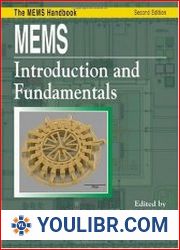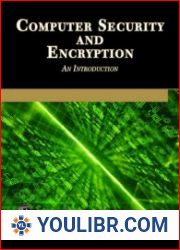
BOOKS - Whose Monet?: An Introduction to the American Legal System (Introduction to L...

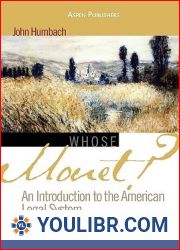
US $5.84

787903

787903
Whose Monet?: An Introduction to the American Legal System (Introduction to Law Series)
Author: John Humbach
Year: April 13, 2007
Format: PDF
File size: PDF 4.6 MB
Language: English
Year: April 13, 2007
Format: PDF
File size: PDF 4.6 MB
Language: English
This extraordinary paperback provides a highly accessible and appealing orientation to the American legal system and presents basic concepts of civil litigation to first-year law students. Whose Monet? An Introduction to the American Legal System focuses on a lengthy dispute over the ownership of a painting as a vehicle for introducing students to the basic law school tasks of reading analytically, understanding legal materials, and working with the common law. The author and his colleagues have used these materials successfully in their classrooms for many years, ensuring their teachability and Whose Monet? can be used as primary course material in orientation courses or seminars, as well as collateral reading for in-semester Legal Process or Civil Procedure courses The organization is logical and straightforward and the accessible writing style - lucid, descriptive, and conversational - is ideal for incoming students The major events in a lawsuit are considered, and the text sheds light on how the law is applied in a civil dispute, introducing common law and statutory law and the various courts and their interrelationship (trial appellate, state federal) The author draws on judicial opinions, litigation papers, transcripts, and selections from commentators and various jurisprudential sources, thereby exposing the first-year student to as broad a spectrum of materials as possible Telling the story of a real lawsuit (DeWeerth v. Baldinger) - from client intake through trial and various appeals - draws students into the legal process by means of an engaging narrative and makes for a truly enjoying teaching experience for professors The lawyer's role is examined in both its functional and moral What do lawyers do? What does society legitimately expect lawyers to do? This book is suitable for both classroom and stand-alone assigned reading Professor Humbach, with over 30 years of experience teaching and writing articles and instruction programs for first-year property students, includes a separate Teacher's Manual. Drawing upon his own classroom experience with these materials, suggests and "learning objectives and " for each chapter offers different teaching approaches provides answers to questions in the book suggests sample syllabi









